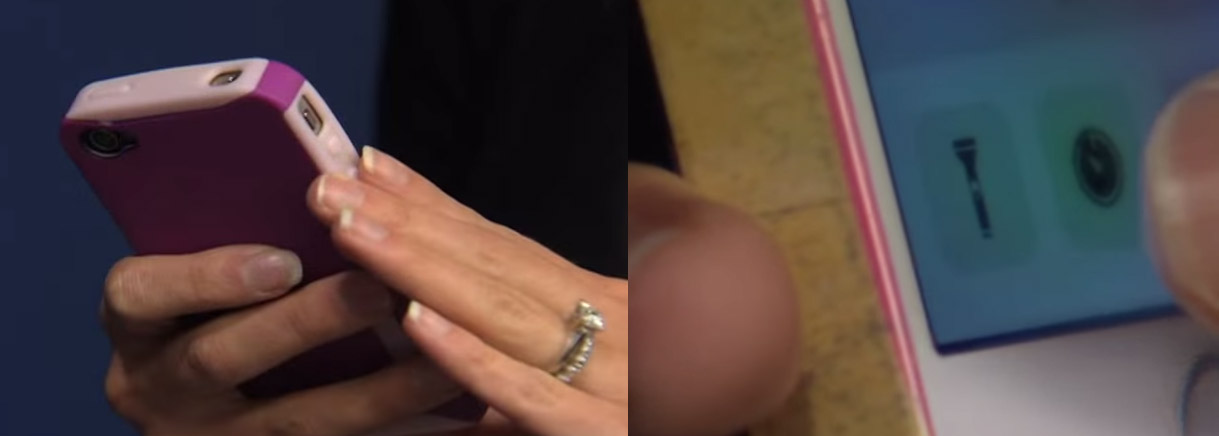Your flashlight app is probably NOT spying on you
There is a video going around Facebook and the other social nets that features a Fox News’ Brett Baier interviewing a “security expert” who claims that the flashlight app on your phone is malware. Oddly, people who typically criticize Fox News have no problem sharing this biased piece of “journalism” when it is far more skewed than most of the political content that gives the network its reputation.
Don’t panic.
The video is extremely misleading. In fact it is little more than pitch for the website that the “expert” represents.
Before you freak-out about your iPhone flashlight sending all of your credit card information to bad guys, let’s dissect the interview and the information in it. I have cued the video to the time of each reference.
What makes this person an expert?
Coincidence: The expert, Gary Miliefsky, works for a company that screens mobile apps for malware. In other words, it is implied that app developers who have paid for the stamp of approval from Gary’s company are more trustworthy than those who have not. Gary has a lot to gain from people believing that their apps are packed with malware.
Your flashlight app is as dangerous as Ebola, except it hasn’t killed anyone and you are probably immune.
There are about 1.75 billion smartphone users. So, why are only 500 million vulnerable? Keep reading…
How about an exaggerated hypothetical example?
Flashlight apps have been around for almost as long as the infected smartphones (about 6 years). If this problem were as bad as Gary says, shouldn’t there be A LOT more unexplained identity theft? Despite when you hear on the news, identity theft due to hacking or malware is extremely rare. Most identity theft takes place due to real world theft (stolen credit cards, raided mail boxes, etc.) or social engineering (gullible people giving up their usernames and passwords to extortionists and fraudsters). Android, Apple and Microsoft all have many safeguards in their operating systems to prevent the type of information Gary lists from being retrieved by a third-party application. That’s not saying that these apps are safe, they still do more than they advertise, but they are not peeping into your private life at all times.
Look at that shot of an iPhone flashlight!
And where do I find these infected flashlight apps?
So, where is the GooglePlay store on my iPhone?
There isn’t one. GooglePlay is Android’s app store, iPhones are not affected. So, the use of an iPhone in the video may do a great job of scaring iPhone users into thinking that their built-in flashlight is infected, when only Android phones are threatened by the potential threat.
What if the flashlight app came on your phone?
There’s not danger, the flashlight apps that are built into all of the latest versions of iPhone and Android phones are safe.
So, who needs to worry?
Anyone who has installed a third-party flashlight on their Android phone.
If you are a part of this small percentage of smartphone users, then heeding this advise is probably a good idea. If you are an iPhone user or Android user and you only use the flashlight app that is built into your phone, then go about your business.
NOTE: Android tends to be more vulnerable to these types of tainted apps. That is not to say that the OS infrastructure is less secure, Android has a much less rigid vetting process for its apps. Apple on the other hand carefully examines each app and has total control of whether the app can be distributed to iPhone users. If malware is detected, the app is removed from the app store immediately and most users are unable to install any app that is not available through this controlled channel.
